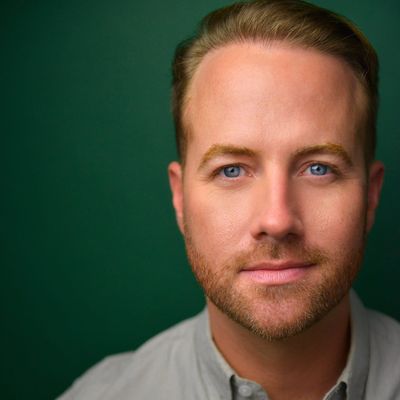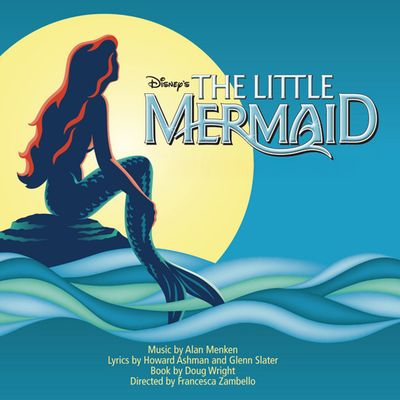Bret Shuford has spent his career balancing two passions—performing on Broadway and helping others achieve their creative goals. From The Little Mermaid to Paramour, he built a successful stage career while also becoming a sought-after coach for actors and artists. But finding that balance wasn’t always easy. In this rewind episode from 2019, Bret shares how he navigated the highs and lows of the industry, the importance of authenticity in his work, and why he’s passionate about guiding others toward success.
Why I’ll Never Make It is an independent production of WINMI Media and Patrick Oliver Jones. To support the ongoing efforts of this podcast please subscribe or donate. Thank you!




